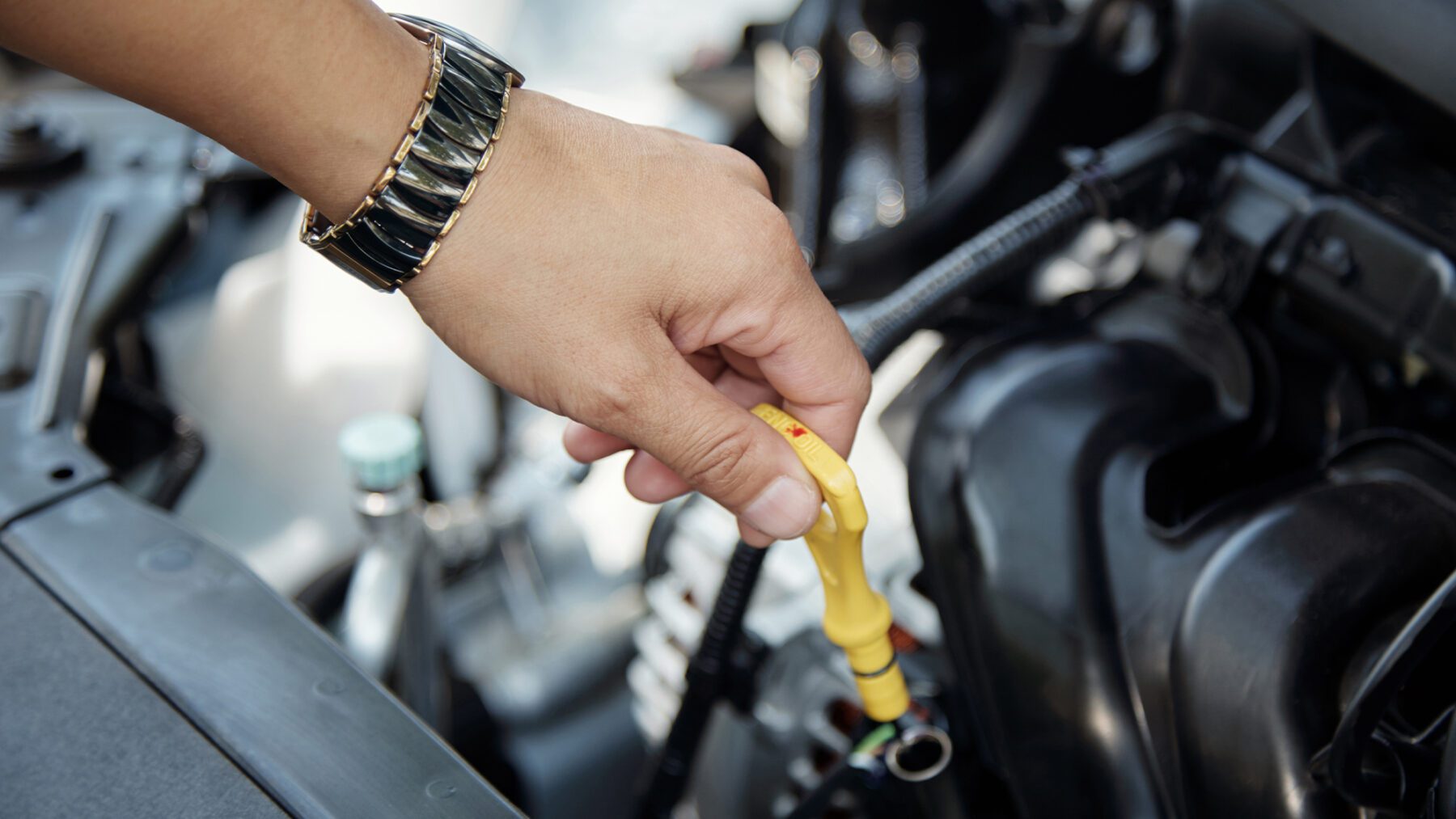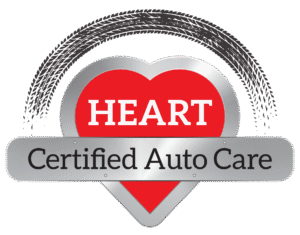How Often Should You Get Jeep Fuel System Repair in Wilmette


Signs That Your Jeep's Fuel System Needs Repair
- Engine Misfires or Hesitates: Inconsistent fuel flow can cause your engine to misfire or hesitate during acceleration.
- Poor Fuel Economy: A failing fuel system can lead to inefficient fuel usage, increasing trips to the gas station.
- Check Engine Light: Often triggered by issues in the fuel system.
- Difficulty Starting: Problems with the fuel pump or injectors can make starting your Jeep a challenge.
- Unusual Noises: A whining noise from the fuel tank area could signal a failing fuel pump.
- Fuel Odor: A strong smell of gasoline could be a sign of a leak in the fuel system.
- Loss of Power: If your Jeep struggles to accelerate or maintain speed, it might indicate a problem with the fuel delivery.
Importance of Regular Fuel System Maintenance
Regular maintenance of your Jeep’s fuel system is essential for both performance and safety. One of the primary benefits is that it prevents breakdowns. Regular checks can identify potential issues before they escalate into major problems, saving you from unexpected and costly repairs.
Additionally, keeping the fuel system well-maintained enhances your vehicle’s performance. A clean and efficient fuel system ensures that your Jeep runs smoothly, providing optimal power and fuel efficiency. This consistent upkeep significantly extends the life of your vehicle by reducing wear and tear on critical components.
Lastly, regular maintenance ensures that your Jeep operates safely. Addressing minor issues early on helps prevent hazardous situations, such as fuel leaks or engine fires, thereby protecting you and your passengers.
Recommended Frequency for Fuel System Repairs
- Vehicle Age and Mileage: Older Jeeps or those with higher mileage may require more frequent repairs.
- Driving Conditions: Off-roading or frequent short trips can increase wear on your fuel system.
- Manufacturer Recommendations: Always refer to your Jeep’s owner manual for specific maintenance schedules.
A good rule of thumb is to have your fuel system inspected every 30,000 miles. However, if you experience any of the warning signs mentioned earlier, it’s best to seek immediate attention from a professional.
The Role of Quality Fuel and Additives
DIY vs. Professional Fuel System Repair
- Complexity: The fuel system is intricate and requires specialized knowledge to repair correctly.
- Safety Concerns: Handling fuel involves risks that professionals are trained to manage safely.
- Warranty Issues: DIY repairs may void warranties or lead to further complications.
Choosing the Right Auto Repair Shop in Wilmette
- Experience and Expertise: Look for a shop with experience in handling Jeep vehicles specifically.
- Certifications: ASE-certified mechanics are a good indicator of quality and professionalism.
- Customer Reviews: Online reviews can provide insights into the reliability and quality of service.
- Transparency: A reputable shop will provide clear explanations of the work needed and the costs involved.
Common Fuel System Repairs and Their Costs
- Fuel Pump Replacement: Can range from $400 to $600 depending on the model and labor costs.
- Fuel Injector Cleaning or Replacement: Cleaning may cost around $50 per injector, while replacement can range from $150 to $300 each.
- Fuel Filter Replacement: Generally affordable, costing between $50 and $100.
- Fuel Pressure Regulator Replacement: Typically costs between $150 and $300.
FAQs About Jeep Fuel System Repair in Wilmette
Q: How often should I check my Jeep’s fuel filter? A: It’s recommended to check your fuel filter every 30,000 miles or according to your vehicle’s owner manual.
Q: Can poor-quality fuel damage my Jeep’s fuel system? A: Yes, using substandard fuel can lead to deposits and clogs in the fuel injectors and other components, requiring more frequent repairs.
Q: Is it necessary to replace the fuel pump if my Jeep is running fine? A: Even if your vehicle seems to be running well, it’s advisable to have the fuel pump checked regularly, especially if your Jeep has high mileage.
Q: What are the signs of a fuel injector problem? A: Symptoms include rough idling, engine misfires, and poor acceleration. A professional inspection can confirm if the injectors need cleaning or replacement.
Step-by-Step Guide to Fuel System Maintenance
- Inspection of Fuel Lines: Technicians check for any leaks or damage in the fuel lines.
- Fuel Filter Replacement: The old filter is removed, and a new one is installed to ensure clean fuel flow.
- Fuel Pump Testing: The fuel pump’s pressure is tested to make sure it’s delivering the right amount of fuel to the engine.
- Cleaning Fuel Injectors: Special equipment is used to clean the fuel injectors, removing any deposits that could impair performance.
- Checking Fuel Pressure Regulator: The regulator is tested and replaced if it’s not maintaining the proper fuel pressure.
The Importance of Professional Diagnosis
While DIY solutions can be tempting, professional diagnosis is crucial for accurately identifying and addressing fuel system issues. Trained mechanics use advanced diagnostic tools to pinpoint problems that might be missed during a DIY inspection. This ensures that your Jeep receives the most effective repairs and maintenance.
Residents of Wilmette looking for reliable and professional auto repair services can trust HEART Auto Care. Our experienced technicians specialize in Jeep Fuel System Repair in Wilmette, ensuring your vehicle runs efficiently and safely. Contact us today to schedule an appointment and keep your Jeep in top condition.
Conclusion: Ensuring Optimal Performance with Jeep Fuel System Repair in Wilmette










